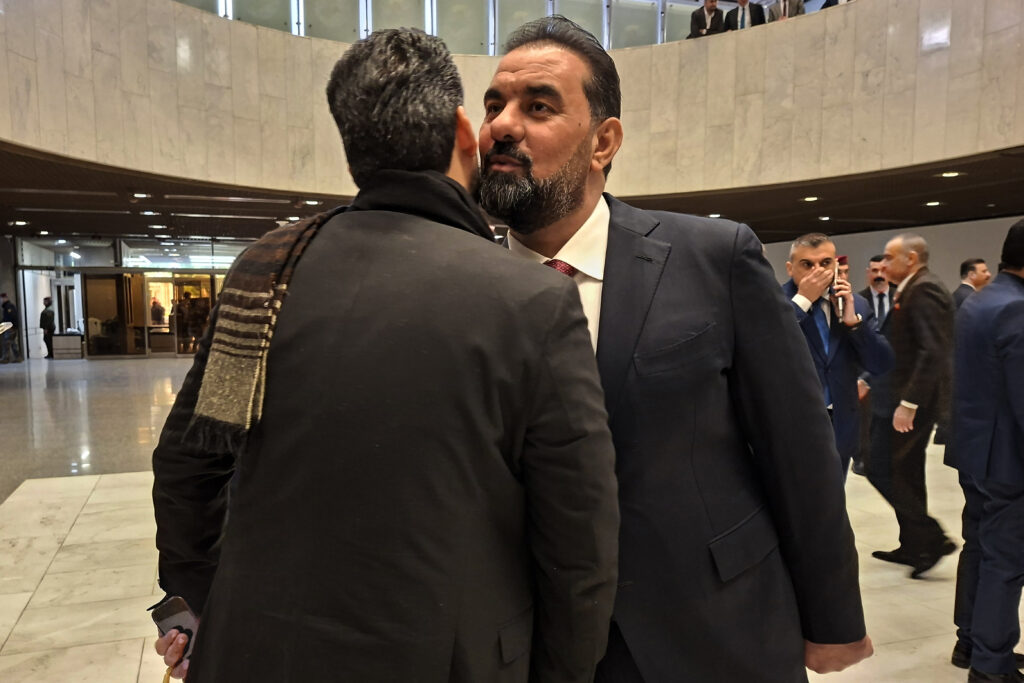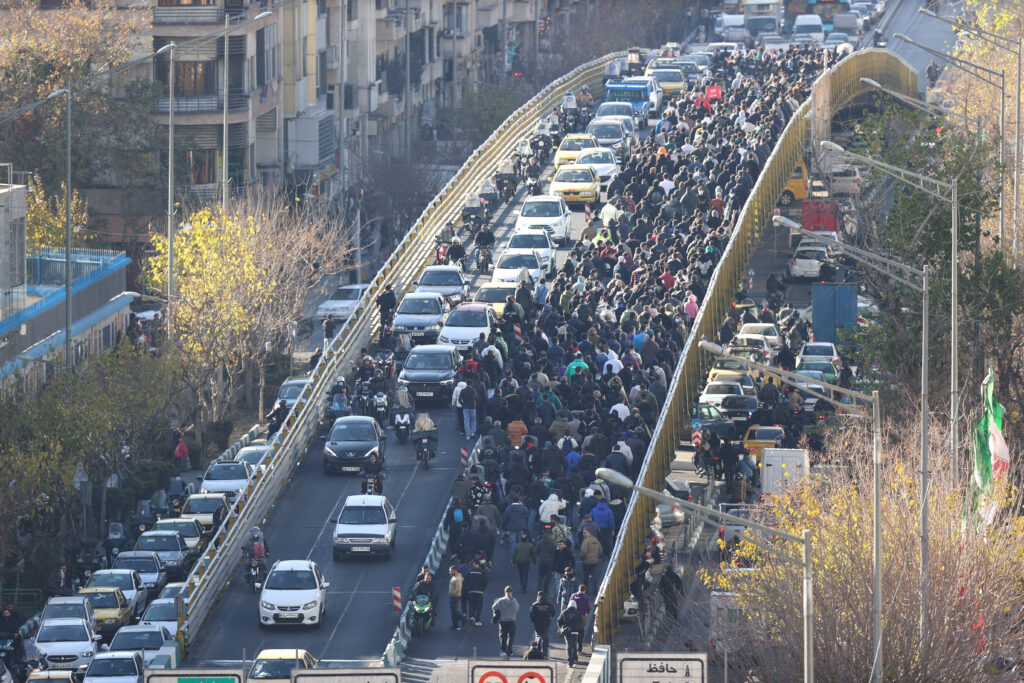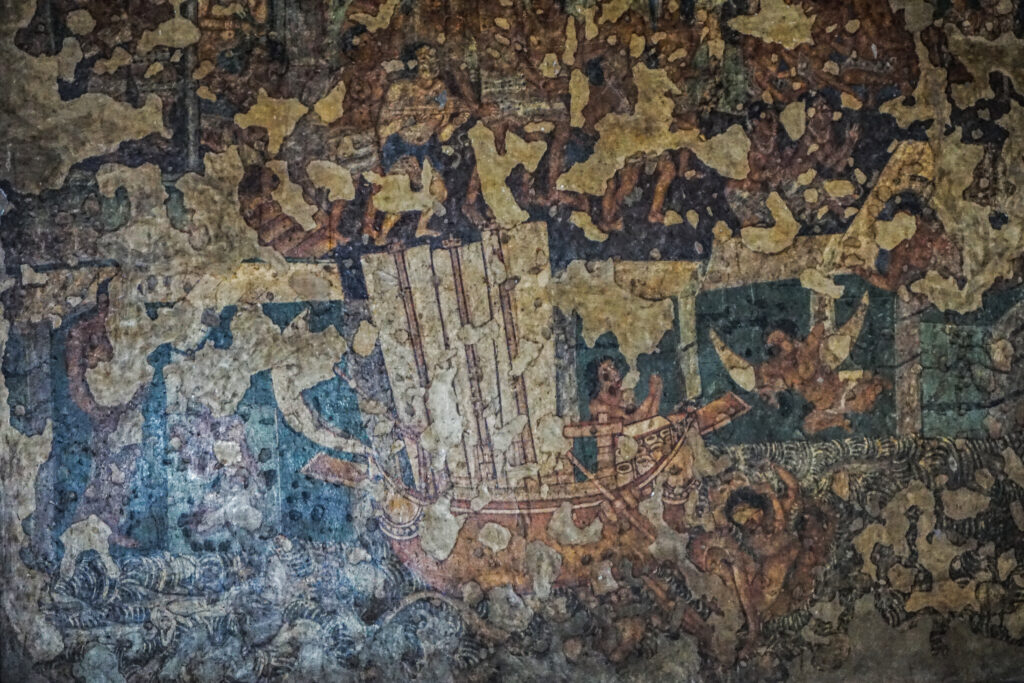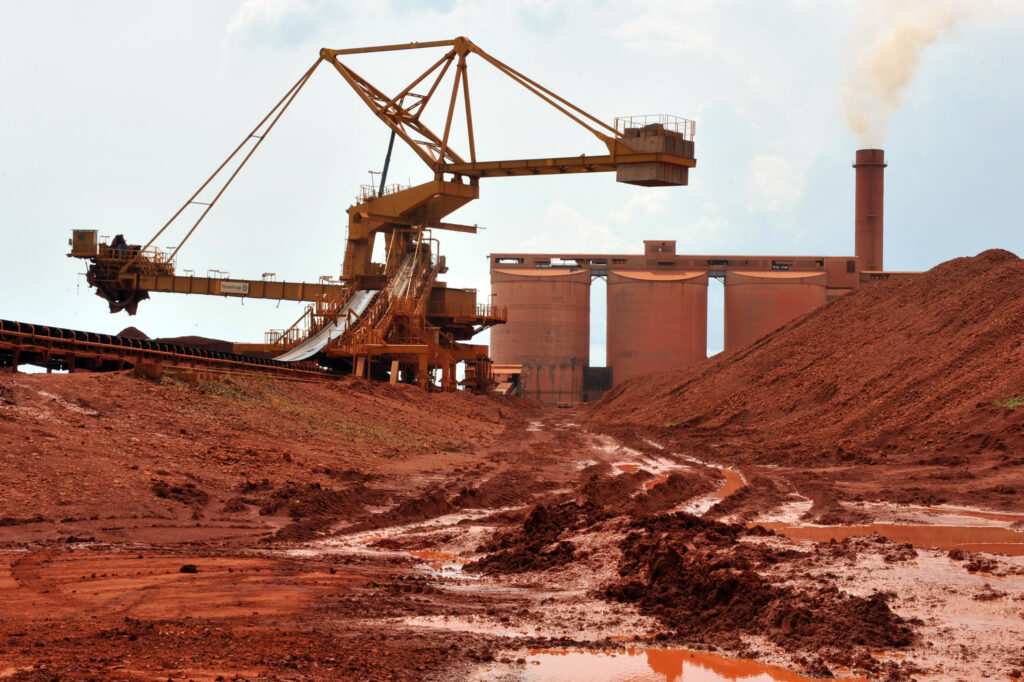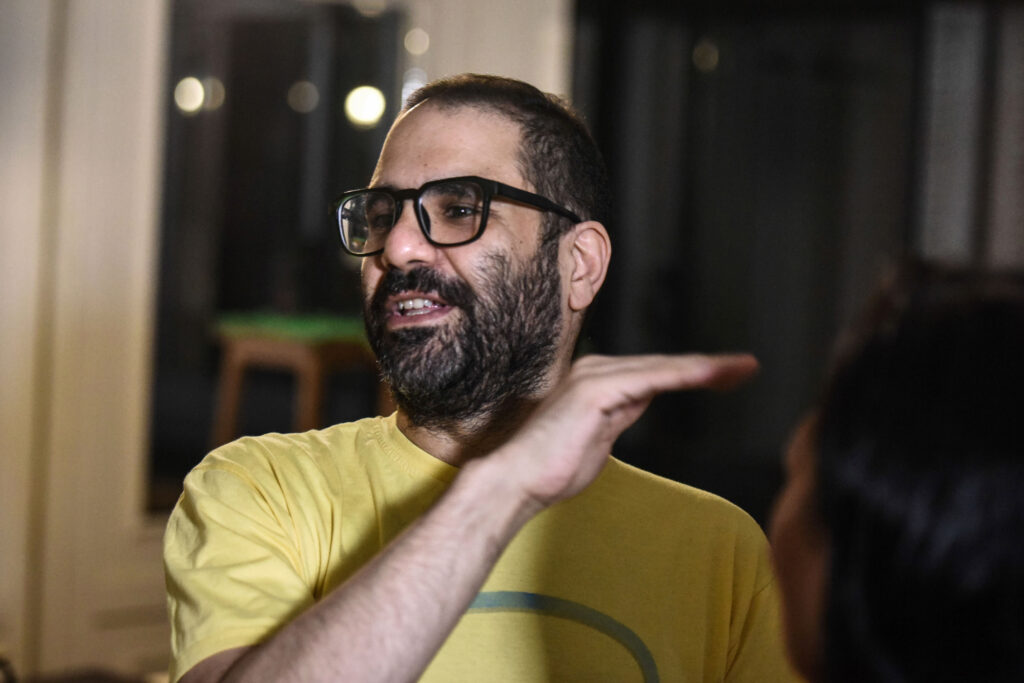Iraq parliament elects new speaker
Iraq’s new parliament elected a senior figure from the Sunni Taqadom party as its speaker Monday, the first session since November elections that consolidated the main parties’ grip on power.Parliament’s media office said 309 out of 329 lawmakers took part in the inaugural session, with Haibat al-Halbussi, 45, emerging as the winner from three candidates, with 208 votes.By convention, a Shiite Muslim holds the post of prime minister, the parliament speaker is Sunni and the largely ceremonial presidency goes to a Kurd.Parliament’s oldest member, 77-year-old Amer al-Fayez, chaired parliament’s first session, as per convention. The vote for two deputy speakers, who traditionally are Shiite and Kurdish, was still under way.Halbussi has now been elected to three consecutive terms in Iraq’s parliament since 2018 and headed the oil and energy parliamentary committee during his previous two.His Taqadom (Progress) party is headed by influential former parliament speaker Mohammed al-Halbussi.It won the largest share of the Sunni vote with 27 seats, while the Sunni Al-Azm alliance (Determination), led by lawmaker and businessman Muthanna al-Samarrai, took 15.Last month, Iraq’s main Sunni political groups announced the formation of a so-called national political council with the aim of “unifying visions and decisions” after they contested the elections on separate lists.At a press conference on Sunday, the national political council announced it would support Halbussi as speaker, while Samarrai told a separate press conference that his Al-Azm alliance had nominated him, but he withdrew his candidacy on Monday.November’s election was the sixth parliamentary vote since a US-led invasion toppled dictator Saddam Hussein in 2003.Within 30 days of their first meeting, lawmakers should elect the president, who must be a Kurd and receive a two-thirds majority vote.The president then has 15 days to appoint a premier, who will be named by the largest Shiite bloc, formed through post-election alliances.Once the prime minister is chosen, he has one month to form a government and present it to parliament for a vote of confidence.But these processes are often challenging, with deadlines frequently missed because of political bickering among rival factions.
